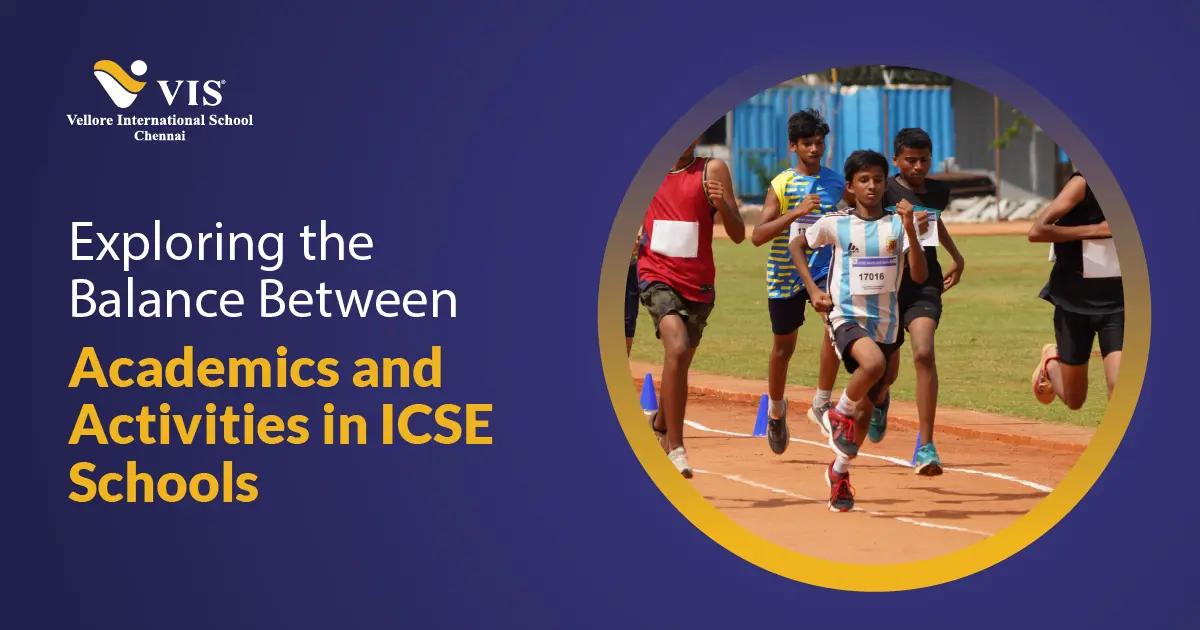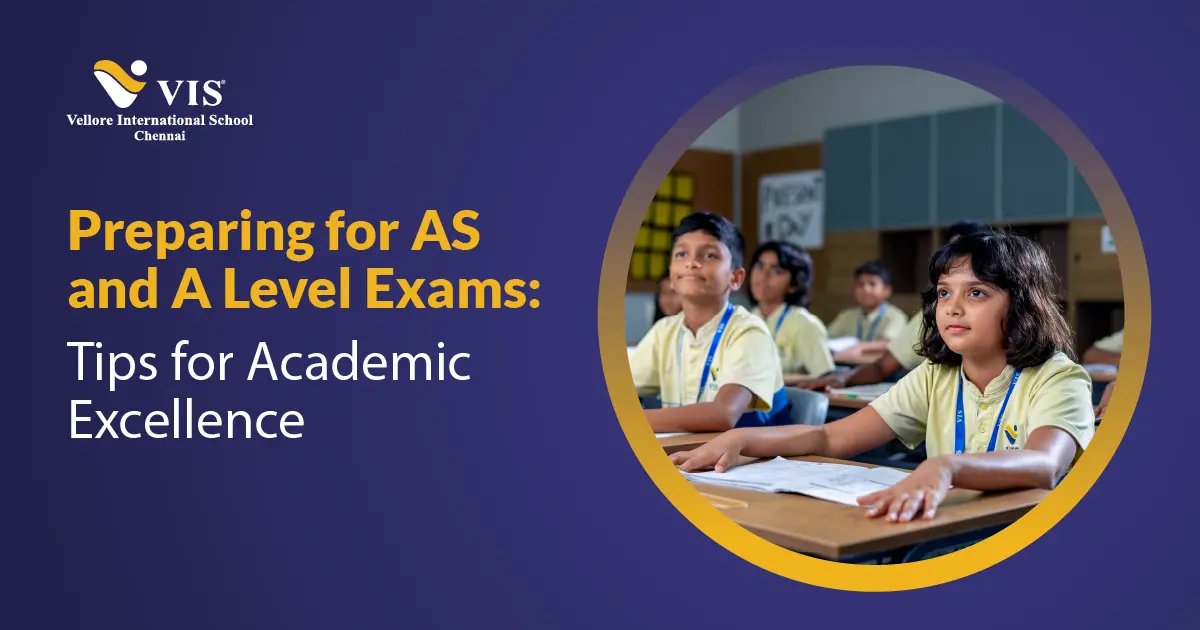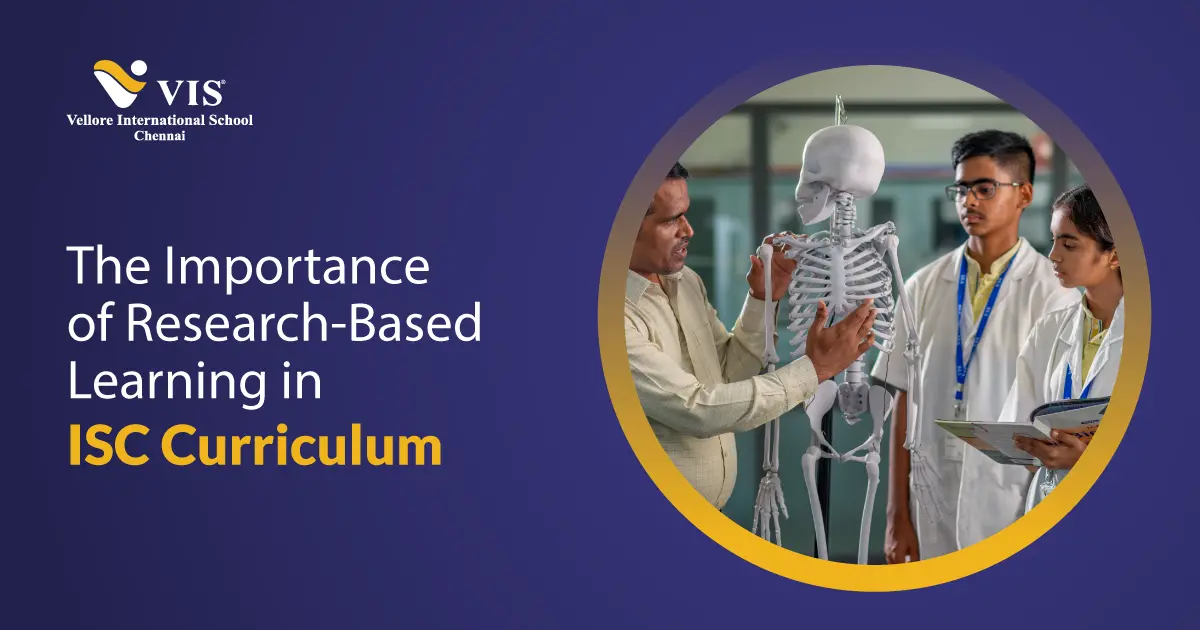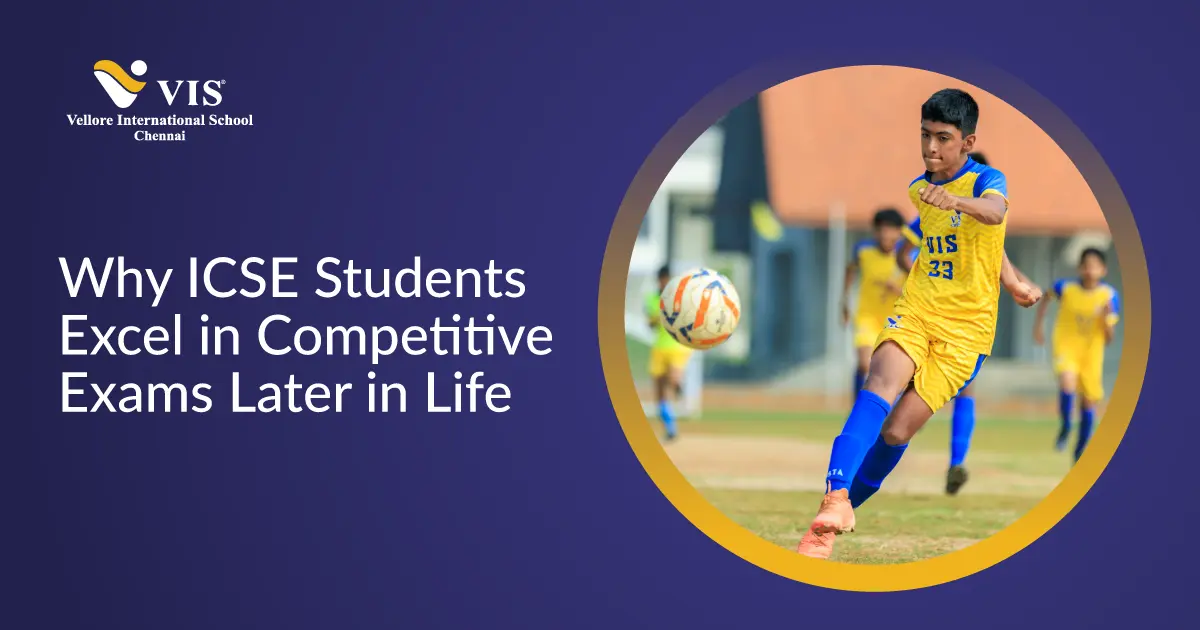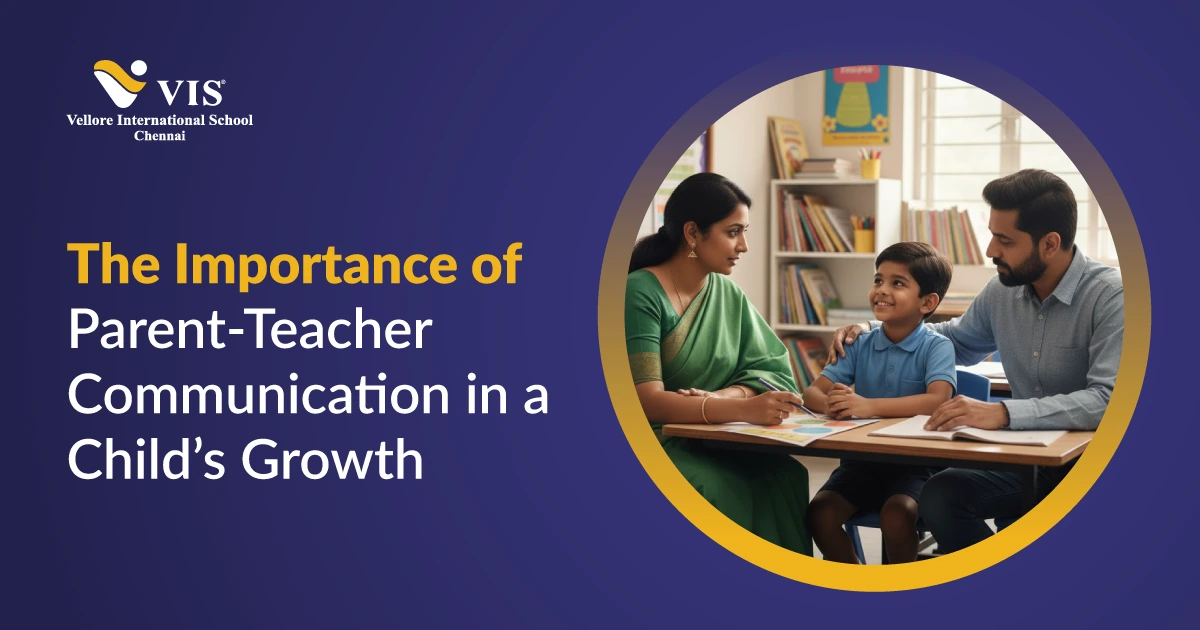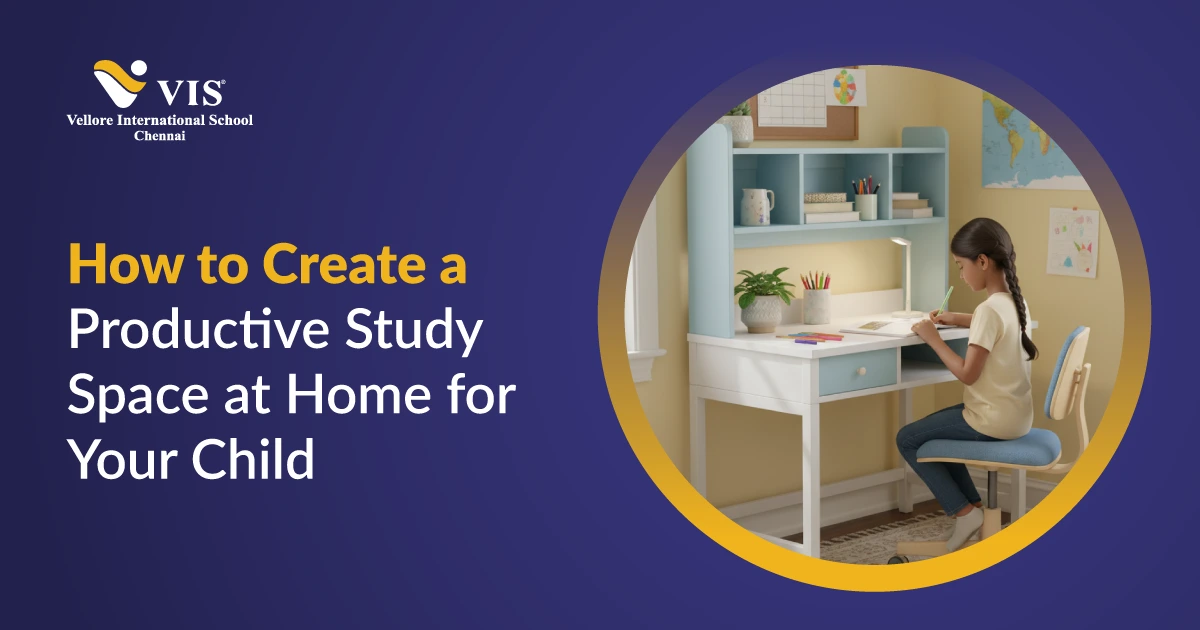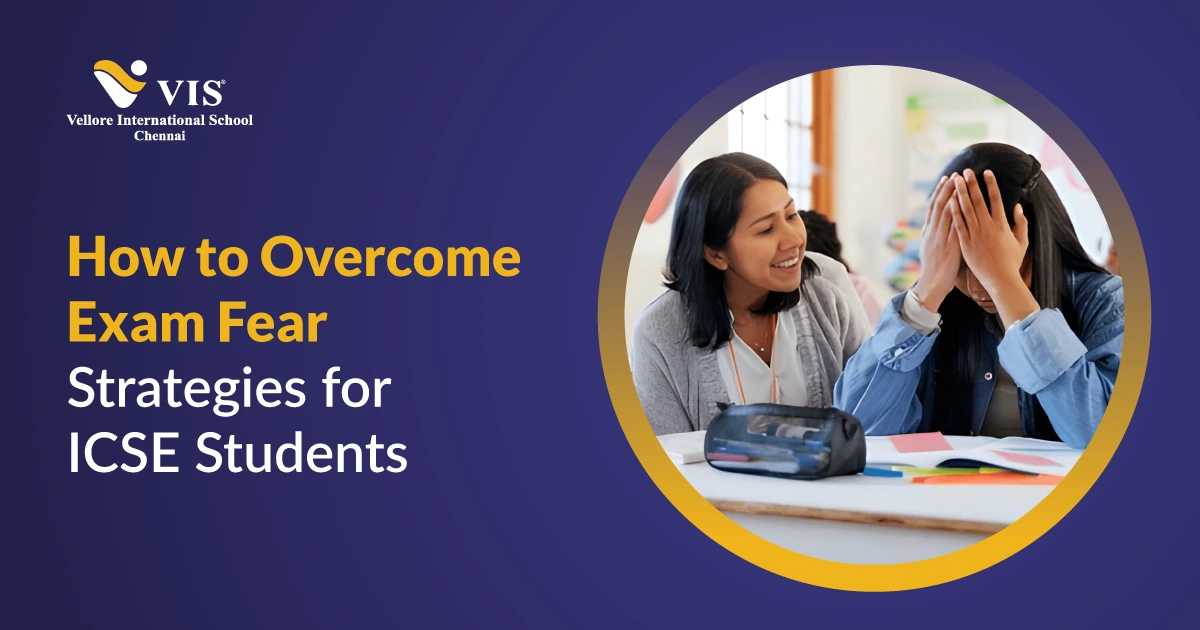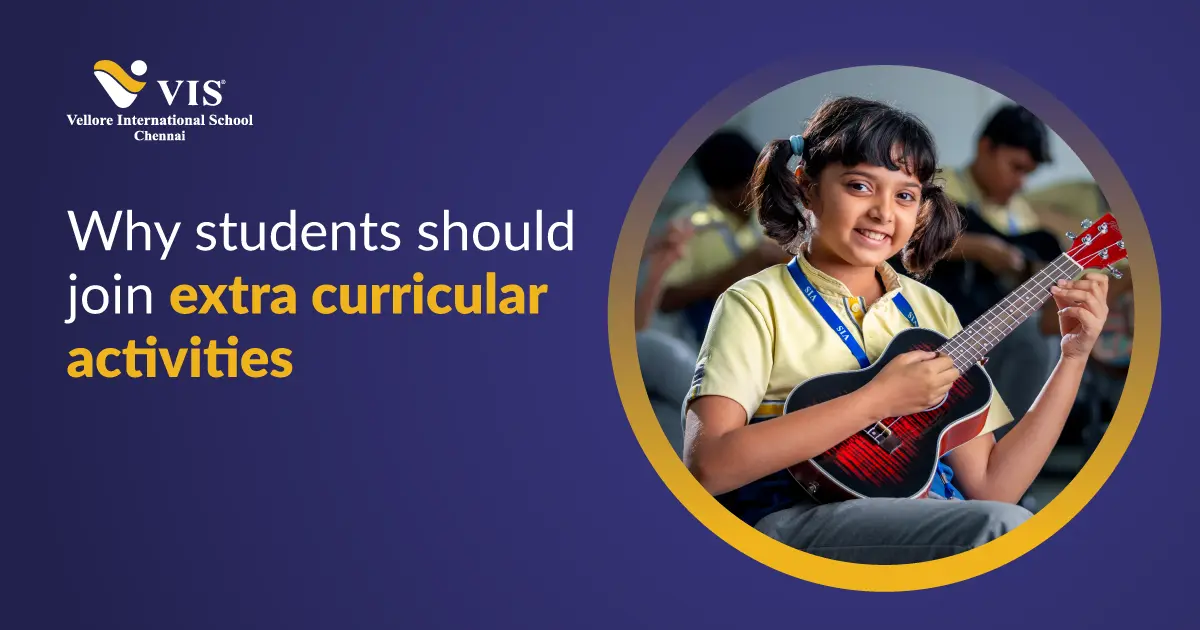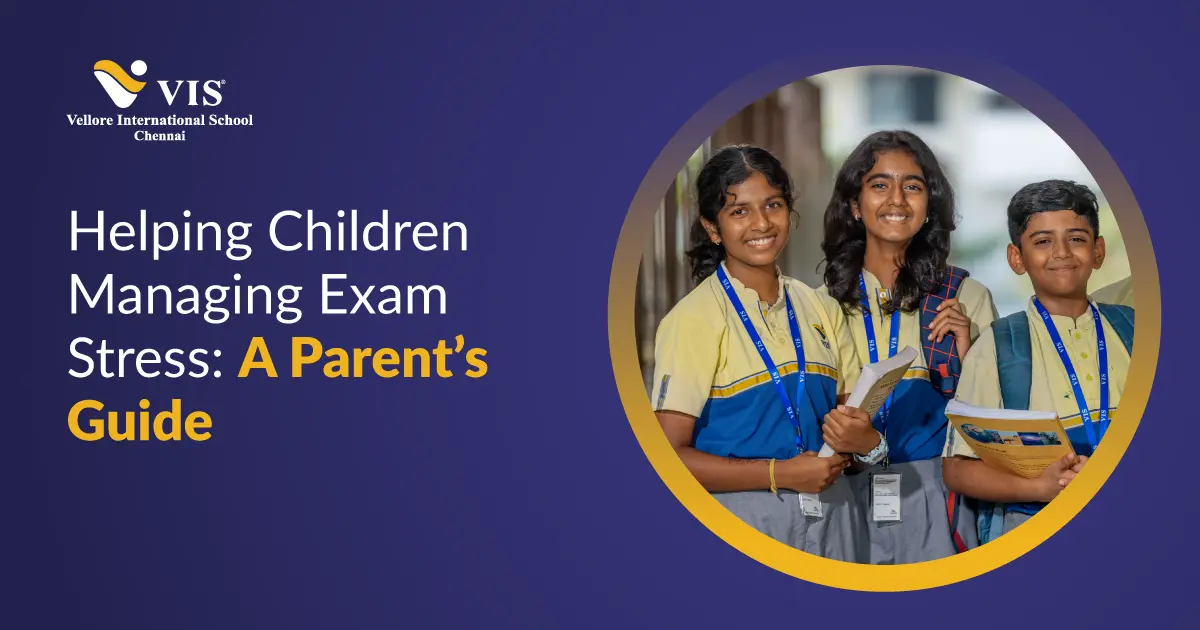Students juggle multiple responsibilities: classes, assignments, extracurricular activities, and personal commitments in today’s academic environment. Without proper planning, this can feel overwhelming.
That’s why learning effective time management for students is a helpful skill and a powerful academic superpower. This blog will walk you through ICSE time management tips and smart student productivity tips.
Why Time Management Matters
Imagine a student who spends the night before every exam cramming and rushing through assignments. Compare that to another student who studies a little every day, stays organised, and meets deadlines calmly. The difference isn’t intelligence, it’s time management for students.
Time management helps students:
- Reduce stress and anxiety
- Improve academic performance
- Build better habits for college and career
- Develop discipline and confidence
When students plan their schedules smartly, they can enjoy both academic success and personal growth.
Understanding the Importance of Time
Time is a finite resource. Every student gets 24 hours, but top achievers make each hour count. Recognising the value of time is the first step toward change. Key realisations for students:
- Wasting 15 minutes daily equals nearly 90 hours in a year!
- Delaying assignments leads to stress and poor performance.
- Strategic planning improves student productivity tips and creates space for rest and hobbies.
ICSE Time Management Tips: Building a Strong Foundation
For students following the ICSE curriculum, structured planning is mandatory. Applying smart ICSE time management tips from the beginning of the academic year helps students build a strong foundation, stay organised, and approach exams with confidence.
A. Create a Realistic Timetable
One of the most powerful ICSE time management tips is to craft a well balanced timetable. Break the syllabus into daily, weekly, and monthly study goals, ensuring that every subject receives attention. A realistic timetable keeps learning structured and prevents overwhelming last-minute revisions.
B. Prioritise Subjects Smartly
Not all subjects require the same amount of effort. Identify weak areas early on and allocate extra study hours for them. This strategy is among the most effective time management for students techniques because it reduces pressure before board exams and builds subject mastery gradually.
C. Avoid Overloading
Many students make the mistake of cramming too much into a single day. Instead, keep your schedule practical. Add buffer slots for revision, unforeseen delays, or quick reviews. Balanced planning ensures long term consistency, a crucial aspect of student productivity tips.
D. Stick to Study Blocks
Follow structured 45 – 60 minute study sessions with short breaks. This improves concentration and memory retention. Using this technique regularly is a core part of ICSE time management tips, helping students stay refreshed while maximising learning output.
Time Management for Students: Practical Daily Strategies
While structured timetables lay the foundation, time management for students truly comes alive through practical daily habits. By combining smart scheduling with student productivity tips, students can create a daily routine that supports focus and balance.
1. Start Your Day Early
One of the most effective strategies for student time management is starting the day early. Morning hours are naturally quiet and distraction free, making them perfect for high concentration subjects like Math or Science.
When you study before the world wakes up, your mind is fresh and receptive, which boosts memory retention and efficiency. This small shift can significantly improve your student productivity tips results.
2. Use To-Do Lists
Daily to-do lists are simple yet powerful ICSE time management tips. Writing down your tasks gives clarity, and ticking them off provides a sense of accomplishment. It keeps you organised and helps prioritise important academic goals.
If it’s homework, revision, or projects, this strategy ensures nothing slips through the cracks, enhancing overall time management for students.
3. Set Micro-Deadlines
Breaking larger assignments into smaller, timed goals is one of the smartest student productivity tips. Micro-deadlines prevent procrastination by creating manageable steps. Instead of feeling overwhelmed, students stay motivated as they hit each milestone, strengthening their time management routine.
4. Learn to Say “No”
Effective time management for students also means protecting your study time. Politely refusing distractions, like endless social media scrolling or impulsive hangouts, prevents burnout and keeps your academic priorities intact. This discipline ensures that your ICSE time management tips are applied consistently every day.
Student Productivity Tips That Actually Work
Not every hack online fits a student’s daily routine. These methods help improve focus, boost retention, and make time management for students far more effective.
A) The Pomodoro Technique
This classic strategy is perfect for breaking long study hours into manageable sessions. Study for 25 minutes, then take a short 5-minute break. After four sessions, enjoy a longer break. This technique keeps your brain fresh and improves consistency, a core element of effective student productivity tips.
B) Subject Rotation
Switching between tough and easier subjects prevents mental fatigue. For example, after tackling Math problems, move to a lighter subject like English literature. This balanced approach is one of the most practical ICSE time management tips, helping students stay sharp without burnout.
C) Visual Timers & Calendars
Having a clear study plan displayed visually reinforces discipline. Wall calendars or digital planners make time management for students visible and trackable.
D) Digital Detox Hours
Turning off notifications and keeping your phone aside during study sessions drastically improves concentration. Even a single distraction can break your flow, making this one of the most valuable student productivity tips.
E) Weekly Self-Check
Every Sunday, review your achievements and gaps. Adjust your timetable using ICSE time management tips to stay aligned with goals.
When applied regularly, these student productivity tips turn average study habits into high impact learning routines.
Parental Involvement in Time Management
Parents play a key role in shaping children’s time habits. Schools like VIS encourage parents to:
- Help set up structured routines at home.
- Avoid excessive pressure; focus on encouragement.
- Model good time habits themselves.
- Support students in applying ICSE time management tips effectively.
Parental support enhances student productivity tips and builds confidence.
Overcoming Common Time Management Challenges
Every student faces obstacles. Recognising and overcoming them is part of the journey.
A. Procrastination
The biggest enemy of time management for students. Beat it by starting small, commit to just 5 minutes of study, and momentum will build.
B. Distractions
Identify your top 3 distractions (e.g., mobile, friends, TV) and create specific strategies to control them. For example, use app blockers during study sessions.
C. Lack of Planning
Students often underestimate the time needed for assignments. Use your timetable and ICSE time management tips to plan realistically.
D. Burnout
Overworking can be counterproductive. Include downtime, hobbies, and sleep in your schedule to maintain balance and long-term focus.
The Vellore International School Perspective
Vellore International School (VIS) is known for our focus on holistic student development. At VIS, time management for students is about shaping disciplined individuals ready for global challenges.
Our school integrates ICSE time management tips into its academic planning through:
- Structured weekly timetables designed to balance academics, arts, and sports.
- Teacher guided study hours teach students how to plan their time effectively.
- Mentorship programs where seniors share student productivity tips with juniors.
- Workshops and activities to build lifelong organisational skills.
VIS believes that good time management prepares students for exams and for life itself. Our nurturing environment ensures that students learn to balance excellence with well-being.
Final Thoughts: Master Your Time, Master Your Future
Academic success is about using your time smartly. By applying ICSE time management tips, adopting powerful student productivity tips, and cultivating effective time management for students, you can achieve more with less stress.
VIS focus on time discipline as a foundation for holistic development. If you’re preparing for ICSE board exams or simply want to perform better, the right strategies can transform your academic journey.
Start small today. Create your timetable. Block your study hours. Review weekly. And watch your academic life flourish.
FAQs
1. What are the best ICSE time management tips for students preparing for board exams?
The best ICSE time management tips include creating a realistic timetable, breaking the syllabus into daily goals, and practising regular revisions. Using time blocks for each subject helps avoid last-minute stress. Consistency and smart planning make preparation easier and more effective.
2. How can time management for students improve academic performance?
Effective time management for students ensures better focus, reduced procrastination, and improved retention. By organising their schedule well, students can balance study, rest, and extracurricular activities.
3. What student productivity tips actually work for everyday study routines?
The most practical student productivity tips include the Pomodoro technique, subject rotation, and weekly self-checks. Visual calendars and digital detox hours help students maintain focus. These simple habits can dramatically boost daily learning efficiency.
4. How can students avoid distractions while studying?
Set dedicated study hours, keep your phone away, and use focus tools like timers to minimise interruptions. Following ICSE time management tips and sticking to planned schedules can improve discipline. A distraction-free environment increases concentration and performance.
5. How can parents support their children in time management for students?
Parents can help by setting routines, encouraging breaks, and creating a calm study environment. Guiding children to follow student productivity tips and structured timetables boosts accountability. This teamwork ensures better academic results and less stress for students.




